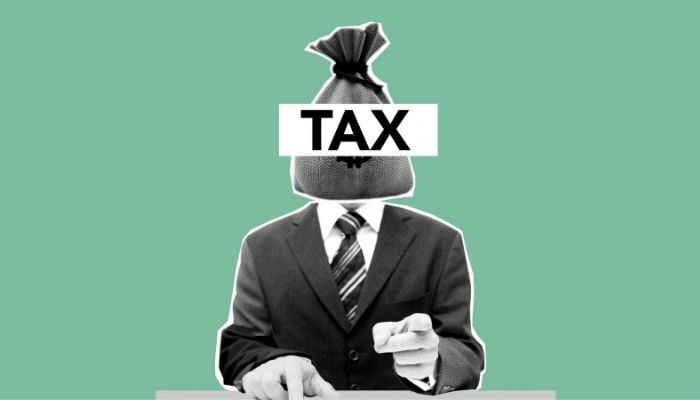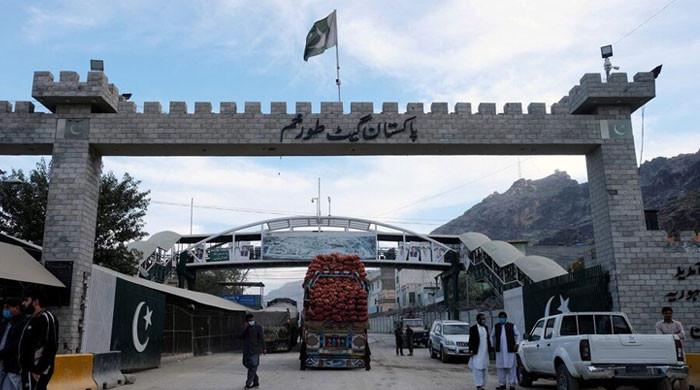Budget 2022-23: Govt may tax those earning over Rs20m a year more
Prime Minister Shehbaz Sharif presides over high-level meeting to review key components of next budget
June 01, 2022

- Government is considering implementing a special levy or increasing the tax burden.
- Tax increase will be on paid and non-salaried classes earning more than Rs20 million per year.
- Government is considering increasing the tax burden on the rich and affluent.
ISLAMABAD: In the upcoming budget 2022–23, the government is mulling over implementing a special levy or increasing the tax burden on paid and non-salaried classes earning more than Rs20 million per year, The News reported.
Prime Minister Shehbaz Sharif presided over a high-level meeting to review the key components of the next budget. The premier will have to choose between boosting tax revenue and subsequently increasing subsidies, or lowering the tax revenue target.
Instead of increasing the percentage of indirect taxes, the government is considering increasing the tax burden on the rich and affluent. "Yes, we are considering raising taxes on the wealthy," acknowledged top government officials. One of the proposals is to impose a tax on the model of the super tax, which was originally levied at a rate of 5% on income earners earning Rs50 million per year, but was later decreased and then eliminated.
All such decisions will be taken by Prime Minister Shehbaz Sharif after his return from Turkey. Prime Minister Shehbaz Sharif will have to take a policy decision either to increase the subsidies allocation and jack up the tax collection target or reduce amounts of subsidies and decrease the FBR’s tax collection target for the coming budget 2022-23. To align with the IMF’s proposed fiscal framework, the government will have to make a policy choice between these two scenarios.
Prime Minister Shehbaz Sharif chaired a meeting on finalising the next budget for the next financial year, but he had to leave for Turkey, so policy-level decisions could not be taken. The top people in the Finance Ministry gave the prime minister options and asked for his advice and policy choices on how to finish the Budget Strategy Paper (BSP) and fiscal framework.
"The fiscal framework has so far remained fluid because the government has not made any decisions on its policy choices," said the sources. They said that the government would have to make fiscal adjustments of around two percent of GDP, whereas the size of the GDP is expected to touch around Rs78.4 trillion in the next fiscal year as against Rs67 trillion for the outgoing fiscal.
The FBR seeks to collect Rs6,100 billion for the outgoing fiscal year 2021-22, ending on June 30, 2022. The IMF wants the FBR’s tax collection target in the range of Rs7.5 trillion in the next budget, whereas the FBR wants to restrict its annual target to the range of Rs7.2 trillion for the next budget.
With nominal growth of 16.5 percent, including a five percent real GDP growth rate and an inflation target of 11.5 percent for the next fiscal year, the FBR collection could reach Rs 6,700 billion, but the board will need to take additional revenue measures to increase its collection to Rs 7.2 trillion to Rs7.5 trillion.
The FBR high-ups argued that the nominal growth plus the depreciating exchange rate helped them collect more taxes, so it would not be a problem for the tax collection machinery to net Rs7.255 trillion in the next budget.











